Unlock the White House Watch newsletter for free
Your guide to what the 2024 US election means for Washington and the world
US companies forged more than $35bn in deals on Monday, marking the clearest surge in dealmaking confidence since Donald Trump’s election victory.
Four transactions were announced on Monday, including Omnicom’s $13bn all-share acquisition of rival advertising group Interpublic and Apollo Global-owned packaging manufacturer Novolex’s $7bn deal for Pactiv Evergreen.
The magnitude and diversity of this week’s “merger Monday” fervour is the clearest signal that enthusiasm among US executives is beginning to return as many expect a more M&A friendly environment under Trump’s administration than during Joe Biden’s term in office.
“Since the election results came in, my phone hasn’t stopped ringing. Clients who’ve been sitting on the sidelines for the past four years are suddenly eager to explore deals — even the challenging ones,” said Scott Barshay of Paul Weiss, one of Wall Street’s most prolific dealmakers.
He added: “It feels like deal activity is about to take off in a major way.”
Global M&A so far this year has already surpassed 2023, when annual deal activity sank below $3tn for the first time in over a decade as high interest rates, geopolitical uncertainty and the Biden administration’s stringent antitrust enforcement lowered the appetite for transactions.
Deal activity has registered $2.9tn in 2024, up 10 per cent compared to the same period a year ago, according to the London Stock Exchange. The resurgence comes on the back of several large takeovers, including US food conglomerate Mars’ acquisition of Kellanova for $36bn and Capital One’s acquisition of Discover Financial Services for $35bn.
Private equity executives and their advisers said that their deal pipelines have picked up in recent months, with a surge of new activity since last month’s election. Trump has promised to take a more pro-business policy than his predecessor, including cutting regulations.
“M&A is about having certainty,” said Anu Aiyengar, global head of adviser and mergers and acquisitions for JPMorgan. “While there is still geopolitical risk, having certainty coming out of the election is helpful.”
Large buyout firms are beginning to see companies return as potential acquirers of portfolio companies they are looking to sell in order to hand back cash to their fund investors.
On Monday, Chicago-based buyout pioneer GTCR announced a deal to sell insurance brokerage AssuredPartners to a publicly listed competitor, Arthur J Gallagher for $13.5bn, in one of the year’s largest asset sales.
GTRC had been studying raising a so-called “continuation fund” to sell a stake in the brokerage between funds it managed, but halted that effort when a buyer for the whole company emerged over the past five weeks, according to people briefed on the matter.
Arthur J Gallagher will pay cash for AssuredPartners, meaning GTCR investors in the 2019-era fund that acquired the brokerage will see a return of about 2.5 times their original equity investment, the sources said. GTCR declined to comment.
Private equity buyers have also benefited from a recent flood of money into credit funds, which has caused premiums investors demand to buy risky debt to fall to near record low levels, making acquisitions easier to finance.
Novolex’s deal for packaging group Pactiv Evergreen on Monday is a further signal that large banks have increased their willingness to finance large private equity-led transactions, a shift from years prior when banks, nursing losses from a rise in interest rates, had curtailed their lending.
A group of five lenders, Wells Fargo, UBS, Barclays, RBC and Morgan Stanley will provide $6.1bn in financing for Novolex’s takeover of Pactiv Evergreen. The transaction comes on the heels of record leverage loan volumes in recent weeks, according to PitchBook LCD.




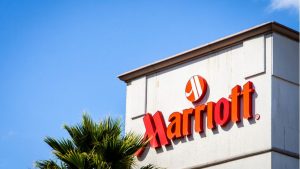

![90 Day Fiance: Before The 90 Days – Tigerlily and Adnan Make a Baby – Recap [S07E17]](https://wordupnews.com/wp-content/uploads/2024/12/90-day-fiance-tigerlily-taylor-6524-300x169.jpg)






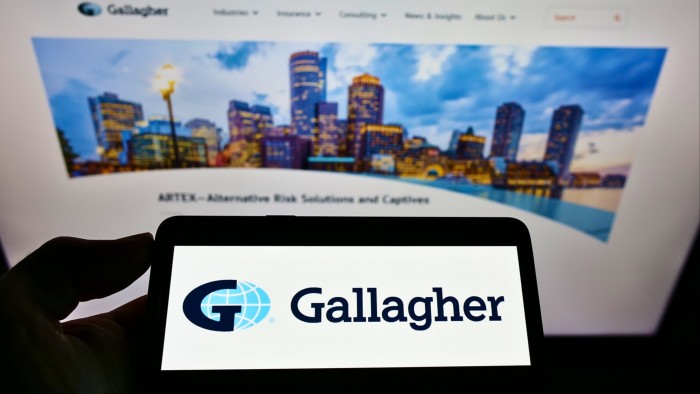

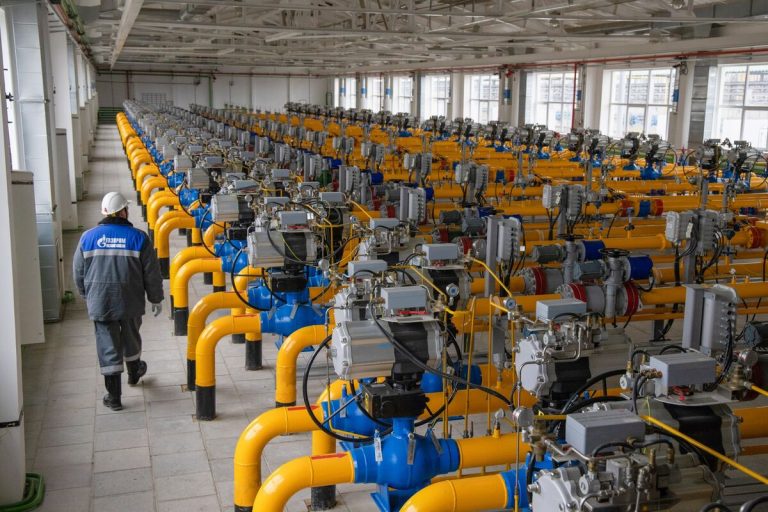
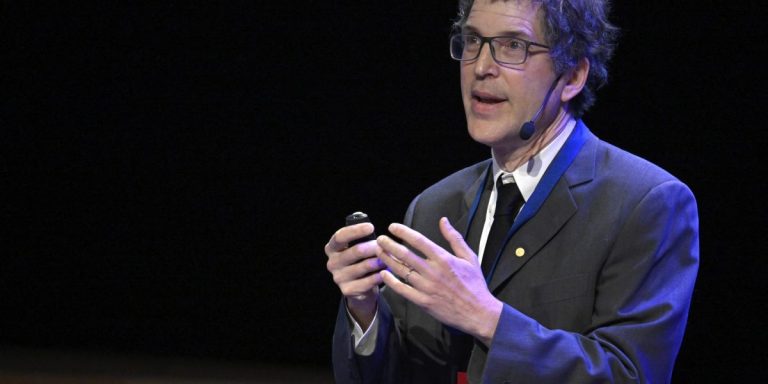





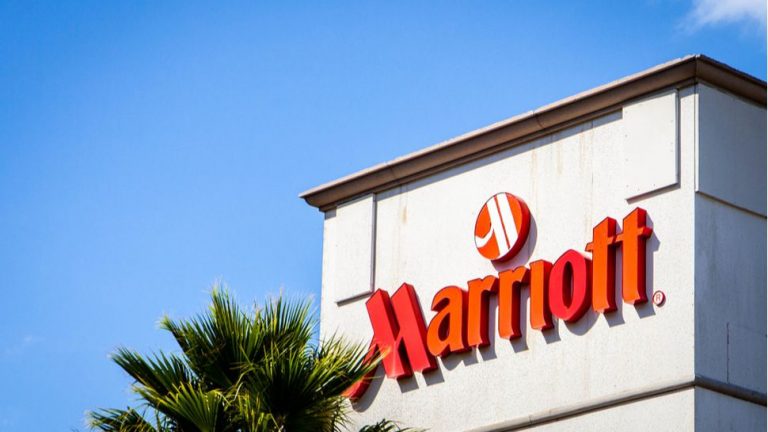

![90 Day Fiance: Before The 90 Days – Tigerlily and Adnan Make a Baby – Recap [S07E17]](https://wordupnews.com/wp-content/uploads/2024/12/90-day-fiance-tigerlily-taylor-6524-768x432.jpg)
+ There are no comments
Add yours